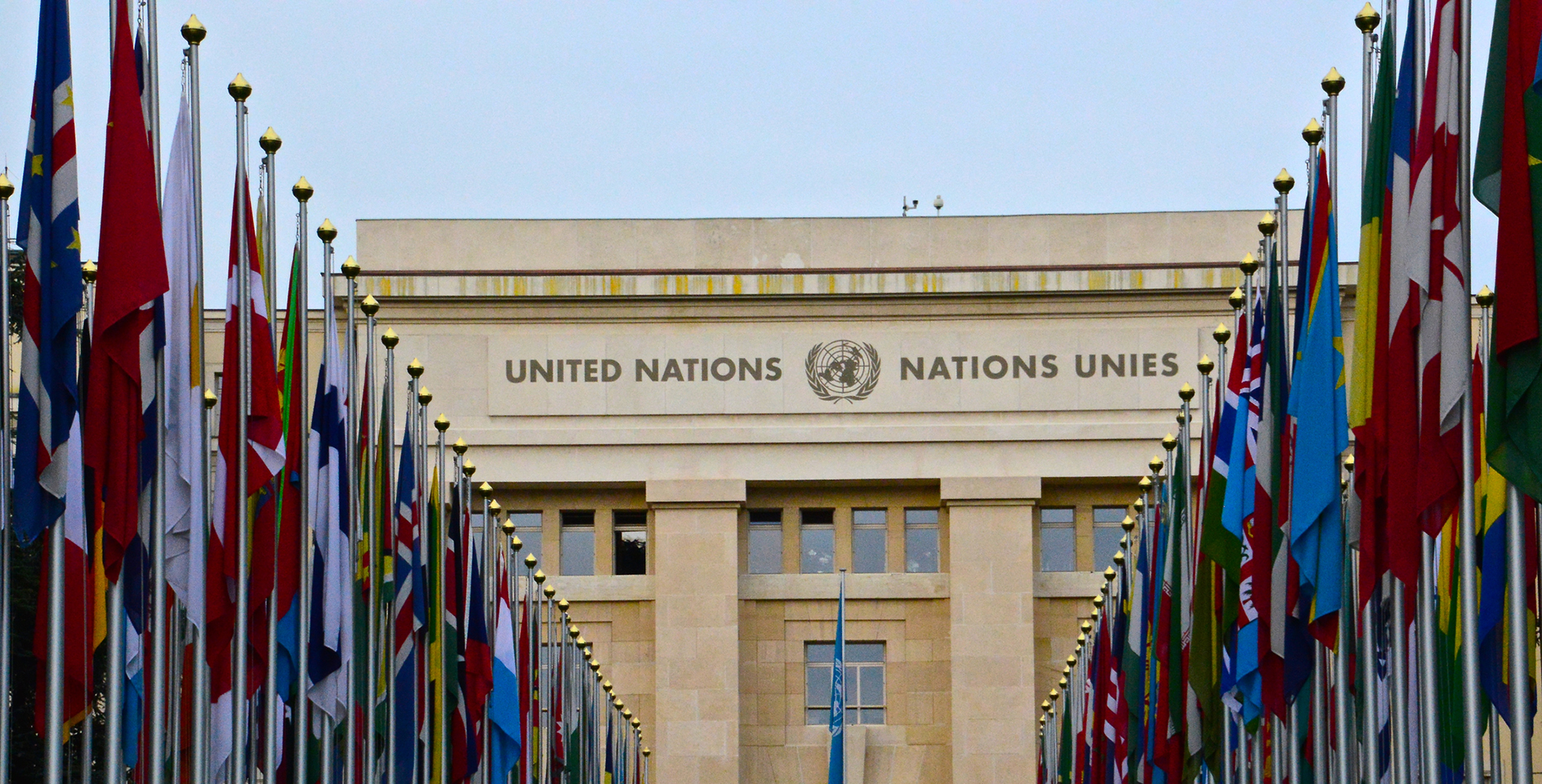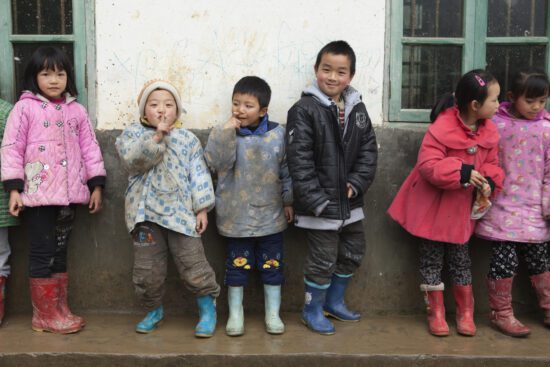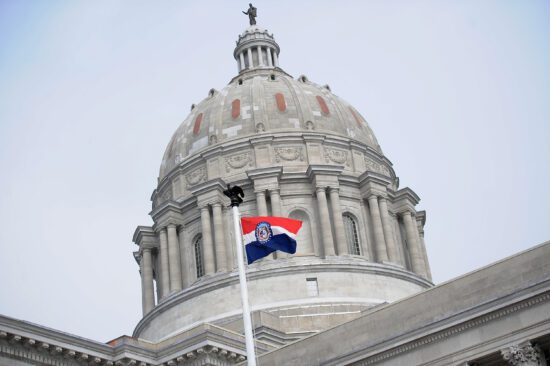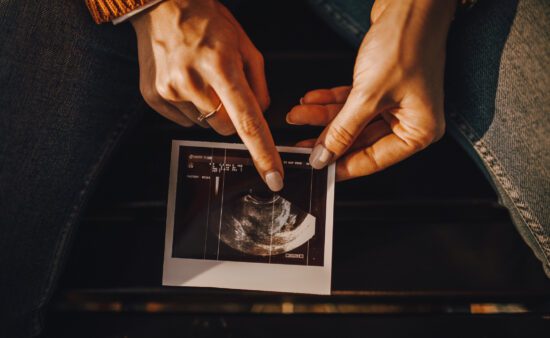What just happened?
This week, the ERLC was at the United Nations in Geneva advocating for religious freedom and participating in the release of a major report issued by the UN on the state of religious freedom around the world. This year’s report focused on the relationship between freedom of religion and freedom of expression and criticized the existence of blasphemy laws, which often limit freedom of expression in the name of freedom of religion but in fact limit both. ERLC Executive VP Phillip Bethancourt and VP for Public Policy Travis Wussow also met with several countries and like-minded organizations to raise specific issues of persecution in China, North Korea, and other countries and to advocate for broad acceptance of freedom of religion as a fundamental human right.
What is the role of the United Nations?
The United Nations (UN) was created in 1945 with the central mission of maintain international peace and security and creating the conditions to allow peace to hold and flourish. A key part of that mission includes the promotion and protection of human rights, including the right to religious freedom.
What is the UN’s official position on religious freedom?
The primary position of the UN as regards to religious freedom is outlined in the Universal Declaration of Human Rights (UDHR). In 1948 the UN issued the UDHR, a landmark document in the history of human rights, as a “common standard of achievement for all peoples and all nations.” Included within the UDHR are three provisions that directly address freedom of religion:
Article 2: “Everyone is entitled to all the rights and freedoms set forth in this Declaration, without distinction of any kind, such as . . . religion . . . “
Article 16: “Men and women of full age, without any limitation due to race, nationality or religion, have the right to marry and to found a family.”
Article 18: “Everyone has the right to freedom of thought, conscience and religion; this right includes freedom to change his religion or belief, and freedom, either alone or in community with others and in public or private, to manifest his religion or belief in teaching, practice, worship and observance.”
In 1982 the United Nations General Assembly also passed the Declaration on the Elimination of All Forms of Intolerance and of Discrimination Based on Religion or Belief. Included in this declaration were several provisions about the “right to freedom of thought, conscience, religion or belief shall include.”
Some of the listed freedoms include the right to “worship or assemble in connexion with a religion or belief, and to establish and maintain places for these purposes,” to “make, acquire and use to an adequate extent the necessary articles and materials related to the rites or customs of a religion or belief,” to “teach a religion or belief in places suitable for these purposes,” and to “train, appoint, elect or designate by succession appropriate leaders called for by the requirements and standards of any religion or belief.”
Does the UN have an office, agency, or person dedicated to religious freedom?
To advance the goals of the 1981 resolution and in support the freedom of religion as a human right, the United Nations Commission on Human Rights established the "Special Rapporteur on Religion Intolerance." In 2000 the Commission on Human Rights changed the mandate title of the position to "Special Rapporteur on Freedom of Religion or Belief." (The term "rapporteur" is a French-derived word for an investigator who reports to a deliberative body.) The mandate holder is tasked with identifying “existing and emerging obstacles to the enjoyment of the right to freedom of religion or belief and present recommendations on ways and means to overcome such obstacles.”
The current mandate-holder is Ahmed Shaheed, a career diplomat who previously served as the Minister of Foreign Affairs of Maldives.
Is the UN doing an adequate job of protecting religious freedom?
Many Christian groups have claimed that the UN often fails to take necessary actions to protect religious freedom. For example, Alliance Defending Freedom recently released a 48-page white paper criticizing the UN’s failure to address global religious persecution.
According to the paper, the UN has “failed to protect Christians and other religious minorities from being persecuted at the hands of the Islamic State. At the same time, its main human rights entity, the Human Rights Council (HRC), has resolved to prevent the expression of views that are critical of other religions, limiting people’s freedom to assert their beliefs and to evaluate truth claims.”
The paper also criticizes the Human Rights Council, the body empaneled to address violations of human rights, including religious liberty. As ADF notes, member nations of the Human Rights Council are supposed to “uphold the highest standards in the promotion and protection of human rights.” Yet thirteen of the 47 current members are on the 2017 World Watch List, the top 50 countries where Christians are most persecuted.










